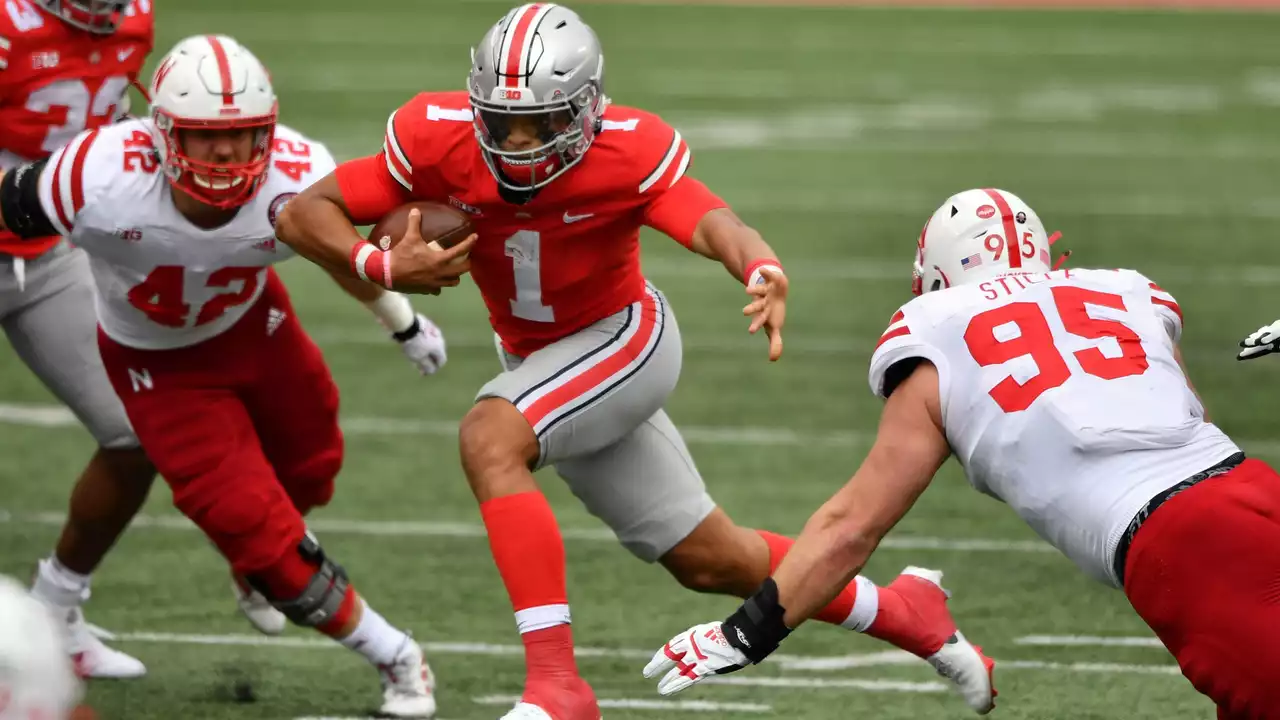How to Nail Your Sports Preparation Every Time
Getting ready for a match, a workout, or even a weekend of watching games can feel overwhelming. The good news? You don’t need a fancy plan or a million dollars. Simple habits, a bit of focus, and the right mindset can lift your game and make every sport moment more enjoyable. Below are real‑world steps you can start using right now, whether you’re a player, a coach, or just someone who loves the buzz of a big match.
Set a Clear Goal and a Tiny Action Plan
First thing’s first: know what you want to achieve. Want to run faster, hit more three‑pointers, or just stay sharp for the next big game? Write that goal down in plain language – “run a 5K under 25 minutes” or “improve my free‑throw percentage by 5%”. Then break it into bite‑size actions. Instead of “train harder”, try “do 3‑minute sprints twice a week”. Tiny, specific steps keep you moving forward without feeling stuck.
Prep Your Body and Mind the Night Before
Preparation isn’t just about what you do on the field. Sleep, nutrition, and mental calm set the stage. Aim for 7‑8 hours of sleep, and pack a snack with carbs and protein (think a banana with a handful of nuts) for the morning. Spend five minutes visualizing the upcoming event – picture the drill, the play, the feeling of success. This mental rehearsal tricks your brain into feeling ready, so the actual day feels less scary.
When you’re a fan, preparation looks a bit different but still matters. Check the schedule, set reminders for kickoff, and have your favorite snack ready. Knowing the line‑ups or key stats ahead of time can make the viewing experience more engaging. Even a quick pre‑game stretch can keep you comfortable during a long match.
Finally, keep a quick “prep checklist” in your phone or on a sticky note. Include items like “hydrated?”, “gear ready?”, “game plan reviewed?”. Ticking boxes gives a sense of control and reduces last‑minute panic. Stick with it for a few weeks, tweak what doesn’t work, and watch how smooth your sports days become.
Professional sports have been known to provide a platform for athletes to learn life skills such as discipline, time management, and teamwork, that can be applied to any future career. In this article, professionals who have transitioned from a sports career to a corporate career reflect on how their experiences in sports have prepared them for their current careers. Specifically, they discuss the importance of working with others, the importance of networking and communication, and the ability to work hard and never give up. Additionally, they point to the importance of having a strong work ethic, understanding the importance of setting goals, and having the ability to take risks. In conclusion, professional sports can provide invaluable skills and experiences to help athletes transition into the corporate world.
View More




